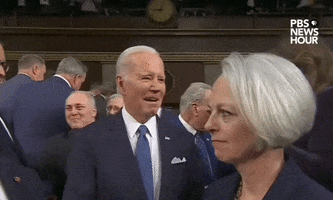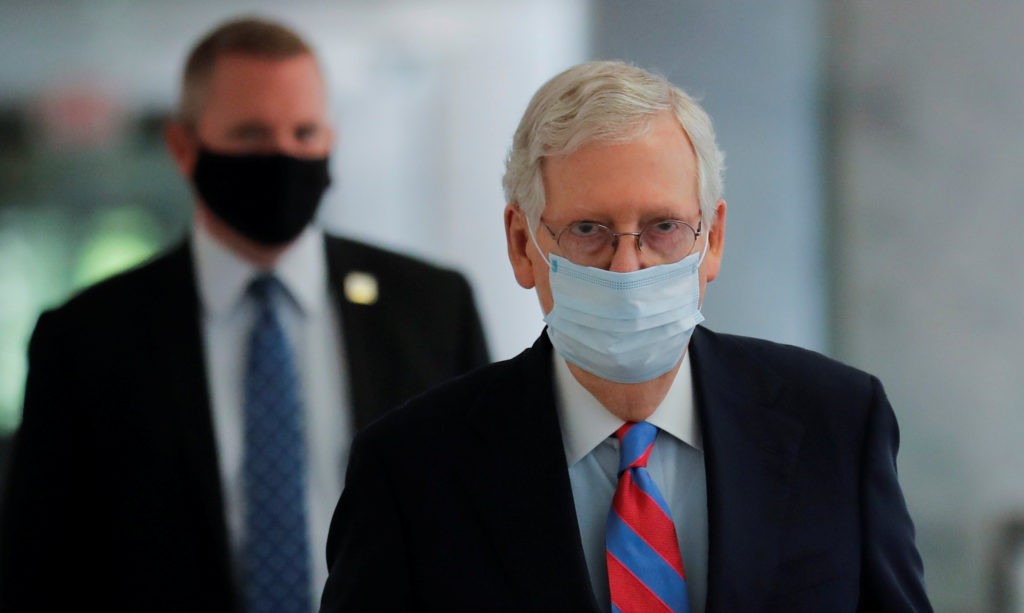No, putting less importance on credit rating was a positive step, given that the rating agencies were publishing bullshit. Whatever, this thread isn't about that.
As for your last paragraph, that's basically what I've been saying, so good that you come around. There is indeed nothing inherently unwise about purchasing from the US rather than Russia -- which is why LNG purchases were going up in the first place. But that wasn't a "yeah USA" thing; it was ensuring a diverse supply chain which you would know about as a buyer. So simply looking at the history and saying "line goes up" is not a sound analysis.
Note that the member states don't purchase gas either. just as in the US, it's the utilities who do the purchasing, and the utilities are investor-owned, and they seek to maximize profits. But my understanding is that, at the national level, countries have a bit of soft power over the utilities, and if, say, the Greek government suggested that Greek utilities buy more from the US, sure, that might happen. This was the rounding error effect that you were assailing me for suggesting. I mean, I can't rule it out.
But there's also a collective action problem that you're not seeing. Suppose everyone in Europe did want to buy more LNG from the US. Fine, but who is going to do it? Every country wants every other country to do that, while they do as little as possible (note below). This is a classic free rider problem, and it's the reason why the US has a strong federal government and why Europe organized into the EU and vested the EU with some powers. But in areas where the EU has no jurisdiction, the free rider problem remains.
So if your mental image is of Macron calling French utilities and saying, "we really need to buy LNG from the US," that didn't happen and never would. Could there be a very small effect on the margin? Sure, I suppose. I can't rule it out. But that's what we are talking about: rounding error level effects.
It's good to see you come around. It shouldn't take as many posts as it does, and now that we've done this dance a few times, one would hope that you would more eagerly drop your contrarianism and converse with an eye to learning. But whatever.




